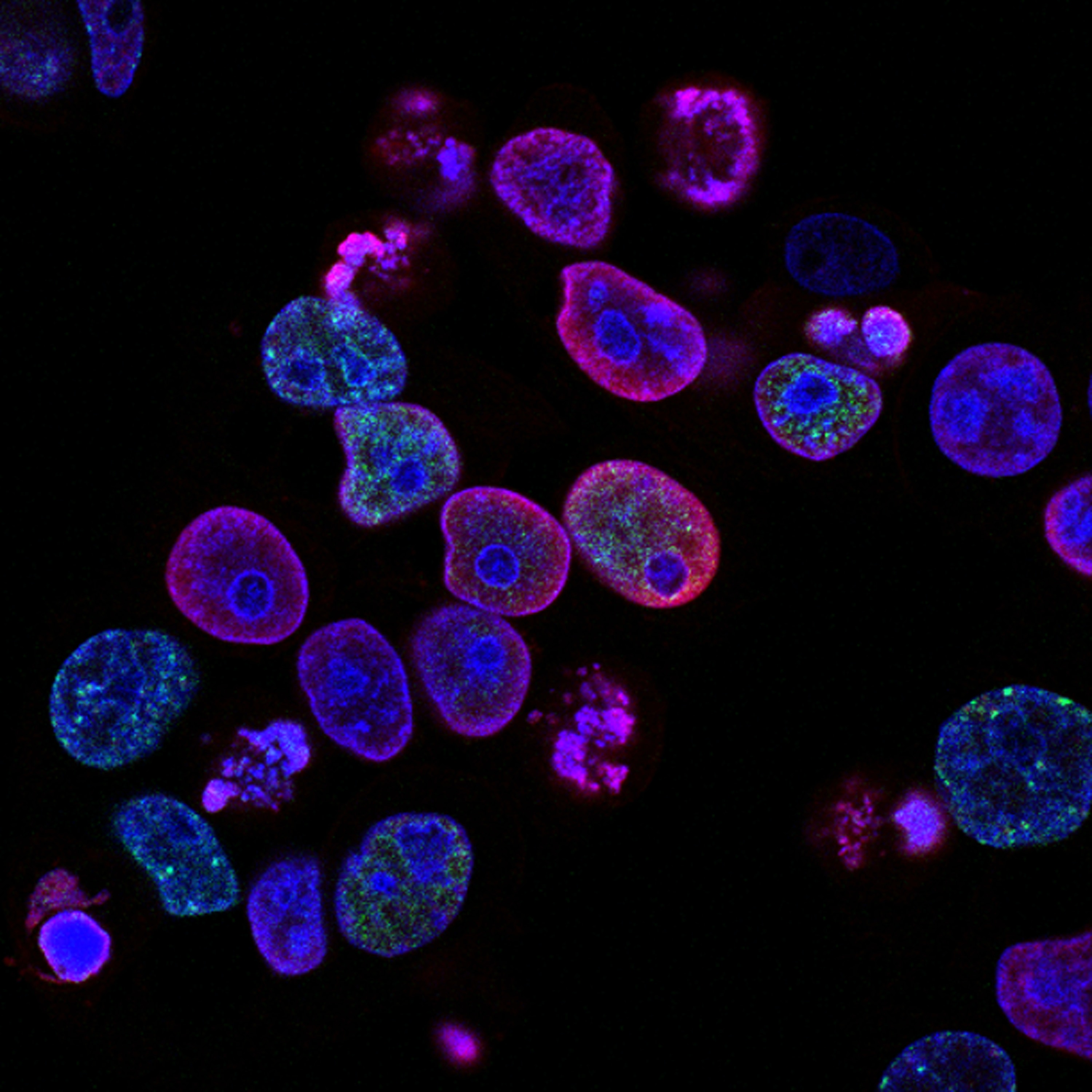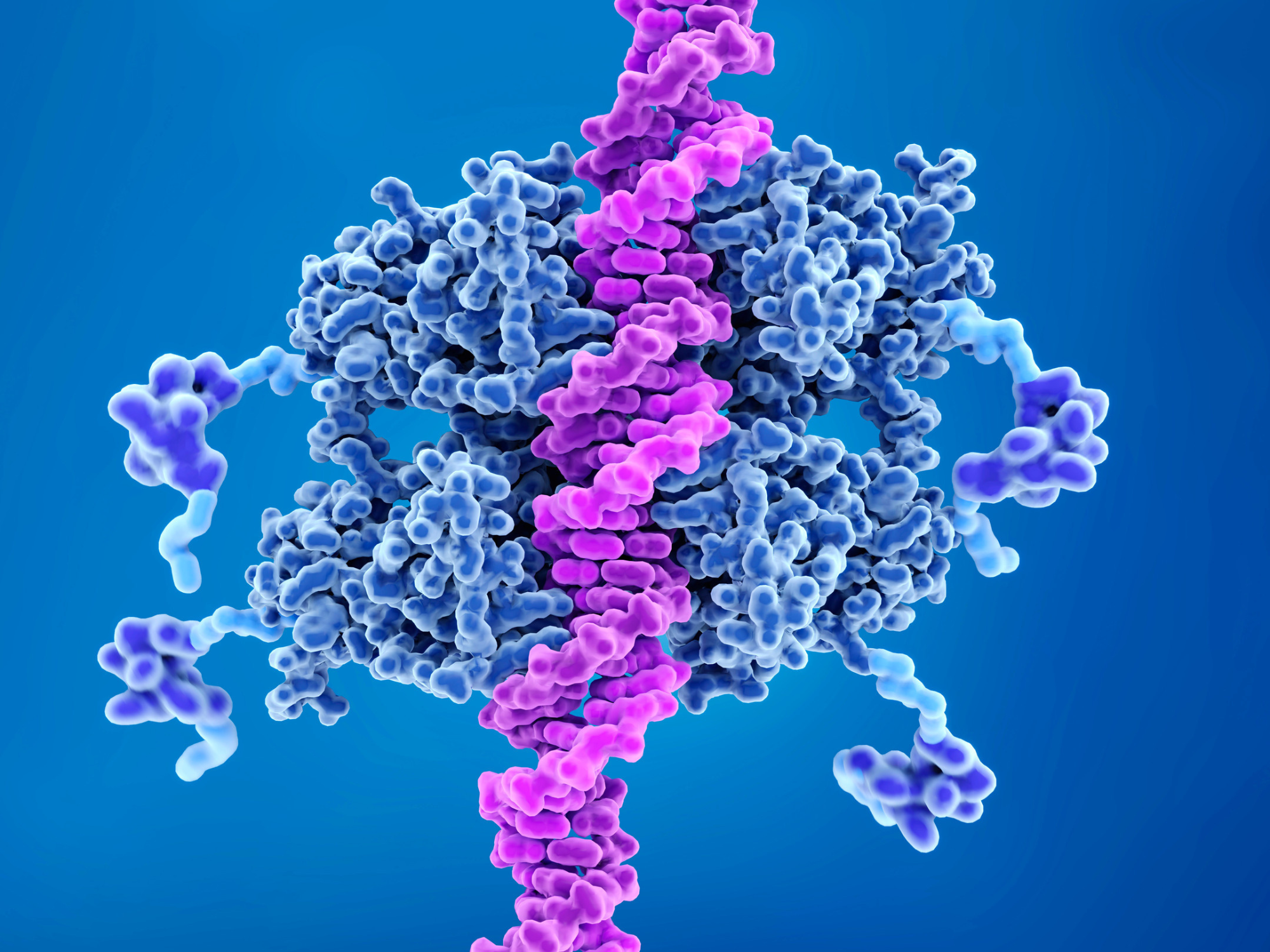AI-Enabled Predictive Biomarker for Patient Response to Immunotherapy Using Easy-to-Measure Features

Immune checkpoint inhibitors have been the standard immunotherapy provided to patients with cancers like lung cancer or skin cancer for some years now. However, it can often be difficult to predict which patients would benefit most from the treatment without complex and expensive testing.
RELATED:
- Blood Test for Alzheimer's Granted Breakthrough Device Status by FDA
- New Multi-Omic AI-Driven Initiative for Immuno-Oncology Biomarker Development
- Blood Test for Alzheimer's Granted Breakthrough Device Status by FDA
Now, an NIH-developed AI tool called LORIS (logistic regression-based immunotherapy-response score) takes routine clinical data and predicts patient response to immune checkpoint inhibitor therapy. The research, published in Nature Cancer, was led by the National Institute of Health (NIH) researchers at the Center for Cancer Research and Memorial Sloan Kettering Cancer Center.
Although useful to clinicians, the only two FDA-approved predictive biomarkers for immune checkpoint inhibitor therapy – tumour mutational burden and PD-L1 expression – are not always accurate.
Instead, data from molecular sequencing fed into machine learning models have proven to be successful at predicting patients' responses. However, obtaining this data is complex and expensive which makes routine screening currently infeasible.
Rather than requiring complex sequencing data, the NIH's model only needs five easy-to-measure clinical features to make its prediction, these being: patient age, cancer type, history of systemic therapy, blood albumin level, and blood neutrophil-to-lymphocyte ratio. Furthermore, the model can also consider tumour mutational burden, which is assessed with sequencing panels.
The paper says that the model was trained and evaluated using a dataset of 2,881 patients that were treated with immune checkpoint inhibitors and 841 that were not. This data included patients across 18 different solid tumour types.
It goes on: "LORIS outperforms previous signatures in predicting [immune checkpoint blockade] response and identifying responsive patients even with low tumour mutational burden or programmed cell death 1 ligand 1 expression. LORIS consistently predicts patient objective response and short-term and long-term survival across most cancer types."
Further validation steps are needed for the tool, but researchers are confident about the fidelity of their results. The tool is available to use for free online at: https://loris.ccr.cancer.gov/








